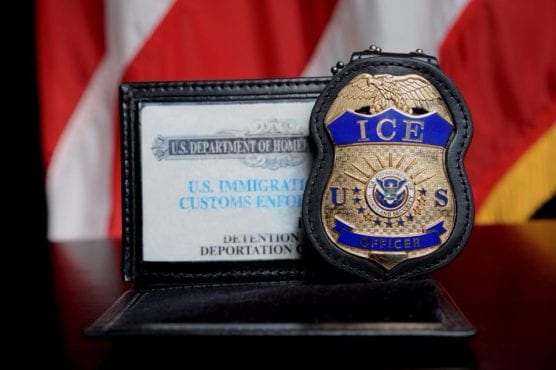By Bianca Bruno
SAN DIEGO – A federal judge has approved a joint plan by the Justice Department and American Civil Liberties Union to reunify parents who were deported without their kids under the “zero-tolerance” immigration policy, though whether they will be allowed to return to the United States to seek asylum remains in limbo.
U.S. District Judge Dana Sabraw told Justice Department and ACLU attorneys Friday afternoon their revised plan to reunify 366 kids currently in the custody of the Office of Refugee Resettlement with their deported parents “looks excellent.”
Revisions were made over the week after Sabraw asked the parties to work out disputes informally.
The judge “wholeheartedly” approved the plan but reserved ruling on a sticking point between the parties: whether deported parents who claim they were coerced into agreeing to deportation or misunderstood their rights should be reunified with their kids stateside and seek asylum as a family.
The plan approval comes hours after Sabraw kept in place a stay on deportations of reunified families to allow minors to seek their own asylum claims.
Sabraw indicated Friday he wants attorneys to meet and confer “in earnest” over the next week to come up with a plan to streamline the asylum process for the children so “we can move forward quickly and efficiently.”
He added: “What I’m expecting is everyone is moving full-speed ahead on every possible angle.”
For families who have been reunified in the U.S., Sabraw suggested “the normal protocol would fall into place” under the Immigration and Nationality Act, where children would be given credible fear interviews and, if they passed, would move on to the next step in seeking asylum. If a child fails a credible fear interview, expedited orders for removal would be filed and the entire family would be deported, Sabraw outlined.
The judge suggested “from a practical standpoint” it makes sense for families still separated to be reunited in their home countries since the overarching goal in Ms. L v. Immigration and Customs Enforcement – the class action brought by the parents of separated families – is family reunification.
“It seems to be in the best interest of families looking for reunification … under the present circumstances reunification should take place in the home country,” Sabraw said.
But ACLU Immigrants’ Rights Project attorney Lee Gelernt told Sabraw there may be two “rationales” to bring deported parents back to the United States: parents will be needed to assist with their children’s asylum cases and they may have not understood their rights to asylum before agreeing to be deported.
“The question will be to what extent did they understand what their rights were,” Gelernt said.
Gelernt said members of the steering committee tasked with contacting deported parents have tried calling around 120 parents, a third of the parents who were deported. But he said “unfortunately we’re not reaching many people,” noting many of the phone numbers had been disconnected and only about 50 parents had been spoken to.
Gelernt said of the deported parents reached, many elected to be reunified in their home countries. But he said some parents indicated they would like to be reunified with their kids in the U.S. if it’s an option.
Sabraw asked the parties to meet and confer and indicated he may ask them to submit briefs on whether deported parents should be brought back to pursue asylum. He also asked the parties to submit a “more detailed” status update next Thursday, including more information about reunification efforts.
Like this:
Like Loading...
Related





 Tweet This
Tweet This Facebook
Facebook Digg This
Digg This Bookmark
Bookmark Stumble
Stumble RSS
RSS
























REAL NAMES ONLY: All posters must use their real individual or business name. This applies equally to Twitter account holders who use a nickname.
0 Comments
You can be the first one to leave a comment.